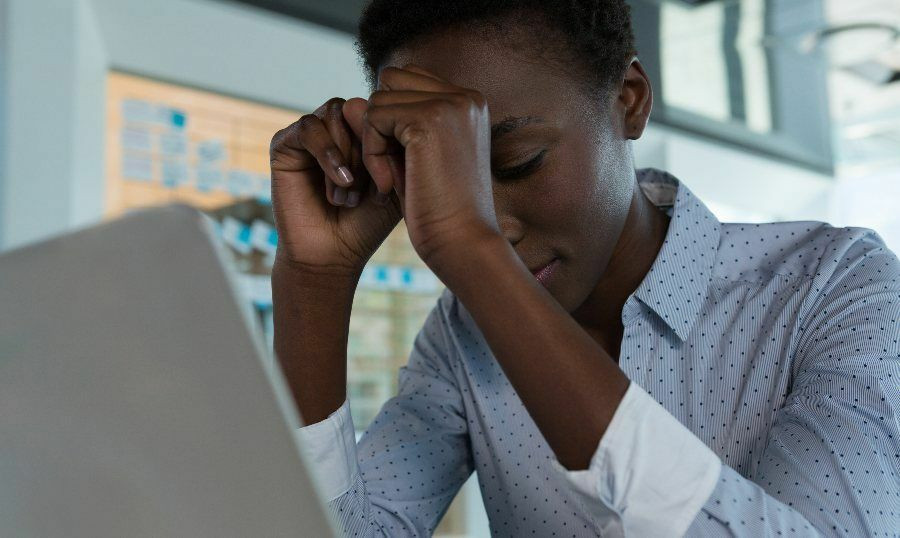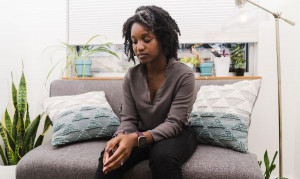Racial trauma to be more specific.
Racial Trauma - also known as Race-Based Traumatic Stress - is the emotional and psychological harm that individuals experience due to racism or racial discrimination. In a society that is built on White Supremacy and the Centering of Whiteness (where Whiteness is the norm or ultimate standard), the distress that comes from individual and systemic racism is unrelenting.
From microaggressions like being grilled about your hair, to your children being underestimated at school and being streamed into general, rather than advanced courses. These things result in Black people feeling as though they have to be “twice as good to get half as far” as their white counterparts, feeling scrutinized, having difficulty relaxing, or being carefree as their behaviors are literally being policed.
Black people are held to the unachievable standard of perfection and are not allowed the grace of making the mistakes that come with being carefree. However, we have learned, one way or another to mute as much of this “noise” as possible, so that we can live our lives as productively as possible. But when we get the news that someone is harassed, beaten, or has died at the hands of a white person, the noise comes rushing in, and it can be very overwhelming.
The Racial Trauma that comes with the murder of Black people in North America leaves many of us with a feeling of hopelessness. It can feel like we are fighting an uphill battle. One only has to look to social media to see that there are many individuals who believe “they shouldn’t have been speeding”, “It’s because they had a warrant”, or “he should just comply”. But since Black people know that individuals do not have to be breaking the law to be targeted, we worry about our loved ones - particularly our children.
We can all relate to being emotionally exhausted.
But what can we do about this psychological harm? Therapists have realized that the best way to battle racial trauma is to engage in care of the self. “Self Care” has been a bit of a buzz word lately, but this is because it works. One pedicure will not undo the racial trauma that individuals have been experiencing. However, focused and regular self care activities can minimize the negative effects. Unfortunately, during this pandemic, many self-care activities have been unavailable to us, which has intensified the racial stressors that the Black community has been feeling. We can no longer gather with our loved ones, share meals with each other, gather for worship, laugh over dominoes or go dancing with abandon. It is even more important then, that we engage in activities that still care for our mind and body and will eventually strengthen our resilience.
These include but are not limited to connecting with friends and family virtually, going for walks, exercising, playing music, fasting from news and/or social media, cooking, reflecting, meditating, praying, journaling, and crying - yes, crying. While some shy away from crying, it really is allowing your mind and body to acknowledge that the current situation is difficult and that it is having a negative impact. If you have engaged in these activities and still find that you are overwhelmed, consider reaching out for professional help such as therapy.
Therapy is often covered under many group insurance plans. If this is not available to you, consider asking your therapist if they have a sliding scale. Alternately, there are many community agencies that provide low-cost or free therapy.
Racial Trauma is not an abstract theory, and the discomfort you are feeling is valid. Let us do what we can to take care of ourselves.

 By
By 


